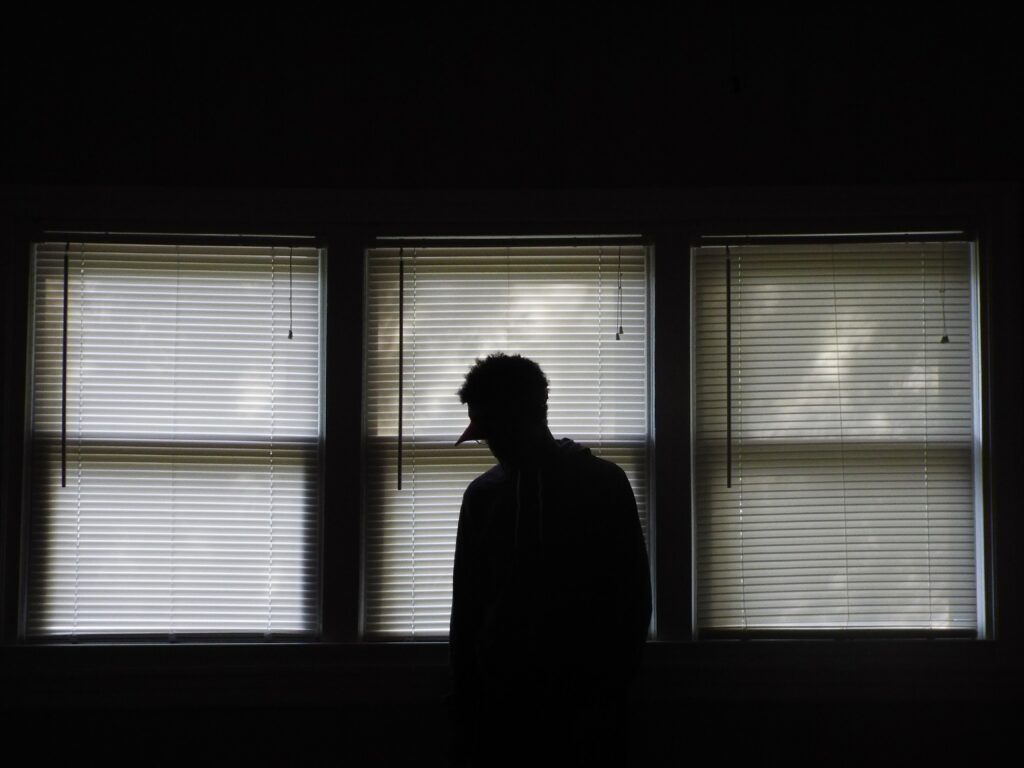Ditching the Shame Game By: Jamie Meyer
By Jamie Meyer
The most dreaded question anyone with a difficult mental health disorder wants to hear is: What do you do for a living? In that moment it feels like the wind is sucking right out of you. Every possible answer that courses through your mind is laden with shame: Shame that I live on disability. Shame that I was let go for missing work too many times. Shame that I couldn’t finish college. Shame that I had a great job that I loved but then illness took it away.
So why do we feel this sense of shame about having a mental health disorder? For one, we live in a society that values achievement, acquiring possessions and living independently. The shame creeps in when we evaluate ourselves as being less than those around us. We make comparisons and then draw the conclusion that we hold little value in our community.
We also live in a culture where busyness is expected. If we don’t have anything on our calendar, if we even have one, we may accuse ourselves of being lazy or that we don’t care to be with people. I can’t tell you how many years it took to stop calling myself “lazy” as I struggled through days with no energy or motivation. Instead of adding things to my calendar I mostly cancelled what was already there.
While we know that good self-care is critical to our mental and emotional stability, people shame us as being selfish. I was working nearly full-time when depression overwhelmed me. I was allowed to adjust my schedule to work just three days a week instead of five, but I paid a hefty price for those long days: complete exhaustion.
I also learned that people we work with can be jealous and resentful when we take care of ourselves. One morning my co-worker casually asked me what I did on my day off and I told her I went for a massage. She later told others in the office that I was bragging, rubbing it in that I only had to work three days a week and got to do fun things on my days off. If she only knew.
So how do we go about ditching the shame we feel about ourselves and begin to accept that we have value and worth? We do that by using a different measuring stick. The true measure of our worth is the word of God and not the words and impressions we receive from the world around us. Could we dare to see ourselves in terms of who we are and not what we do?
I find it significant that when Jesus walked this earth he spent a great deal of time reaching out to and healing the broken and rejected. He drew close to those who were shunned due to a physical illness like leprosy or for being blind or lame. Mental illnesses were often attributed to demon possession. Many in that culture believed sin was the cause of many illnesses (see John 9:1-3).
So whether it’s a mental or physical illness that causes you to feel inferior to others, Jesus considers you worthy of his love and care. When thoughts of shame or worthlessness creep in, take a moment to look at yourself through His eyes:
- You are my beloved child. I chose you! (John 1:12, 15:16)
- You are my workmanship, my beautiful creation (Ps. 139:13-16)
- You are free of all condemnation and shame (Romans 8:1-2)
- Your life has purpose and meaning (Eph. 2:10)
- I have good plans for your life and I work all things together for your good (Jeremiah 29:11, Rom. 8:28)
The next time you’re tempted to belittle yourself and feel ashamed, be reminded that God’s word, his Truth, is your true measure.
Fresh Hope is a faith-based non-profit that empowers people to live well in spite of their mental health challenge.
YOUR gift will provide a person with God’s Fresh HOPE for daily living. Click here to donate, today.




